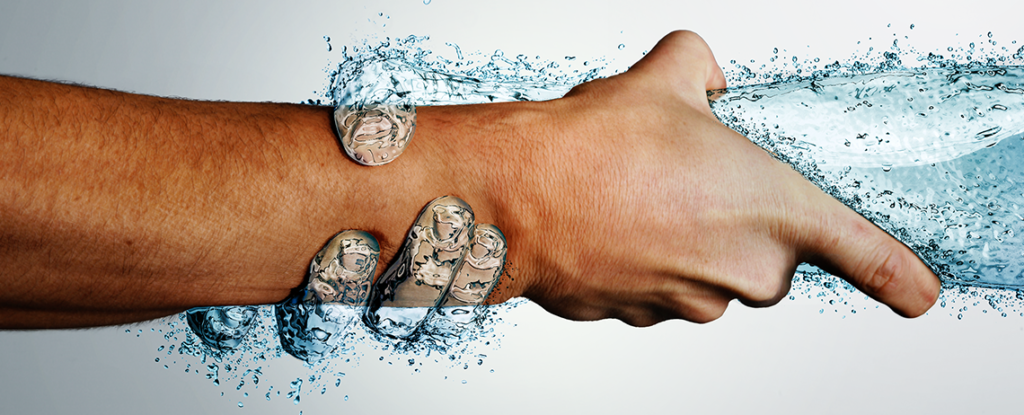Dehydration

The main cause of dehydration is due to the diver’s inability to realize that his body loses significant amounts of water even underwater while sweating or urinating. Even when his body is deprived of water, the diver may not feel thirsty since the respective sensors in the mouth are always wet. Common symptoms of dehydration include headaches, dizziness, vertigo, extremity stiffness as well as loss of consciousness.
Dehydration treatment begins prior to fishing by the diver applying the respective nutritional guidelines. While fishing, the diver should drink lots of water, or other replacement fluids that contain electrolytes, between regular gaps in order to avoid getting dehydrated and therefore, to protect him from experiencing any unwanted adverse effects of dehydration. Now, if the diver is already suffering from dehydration, then he should certainly abort the dive, whereas the victim should be given plenty of water followed by some downtime to recuperate.
It is important to indicate that, if these symptoms of any degree persist for a long time, then it is strongly recommended that the dehydrated victim be immediately taken to the nearest hospital where immediate first aid treatment will be provided by a professional nursing staff.
Here we also see the important role of the dive buddy.
The condition of dehydration somehow seems a bit strange when you consider that we are in the sea , but it is definitely every diver’s worst and most devious enemy. Beyond the problems that are likely to occur during equalization, dehydration may also lead to hypoxia. The main cause of dehydration is due to the diver’s inability to realize that his body loses significant amounts of water even underwater while sweating or urinating. Even when his body is deprived of water, the diver may not feel thirsty since the respective sensors in the mouth are always wet. Common symptoms of dehydration include headaches, dizziness, vertigo, extremity stiffness as well as loss of consciousness.
